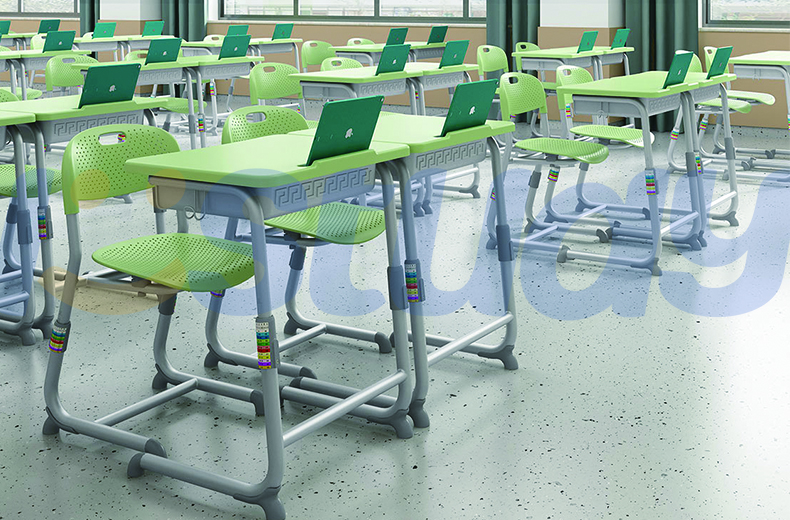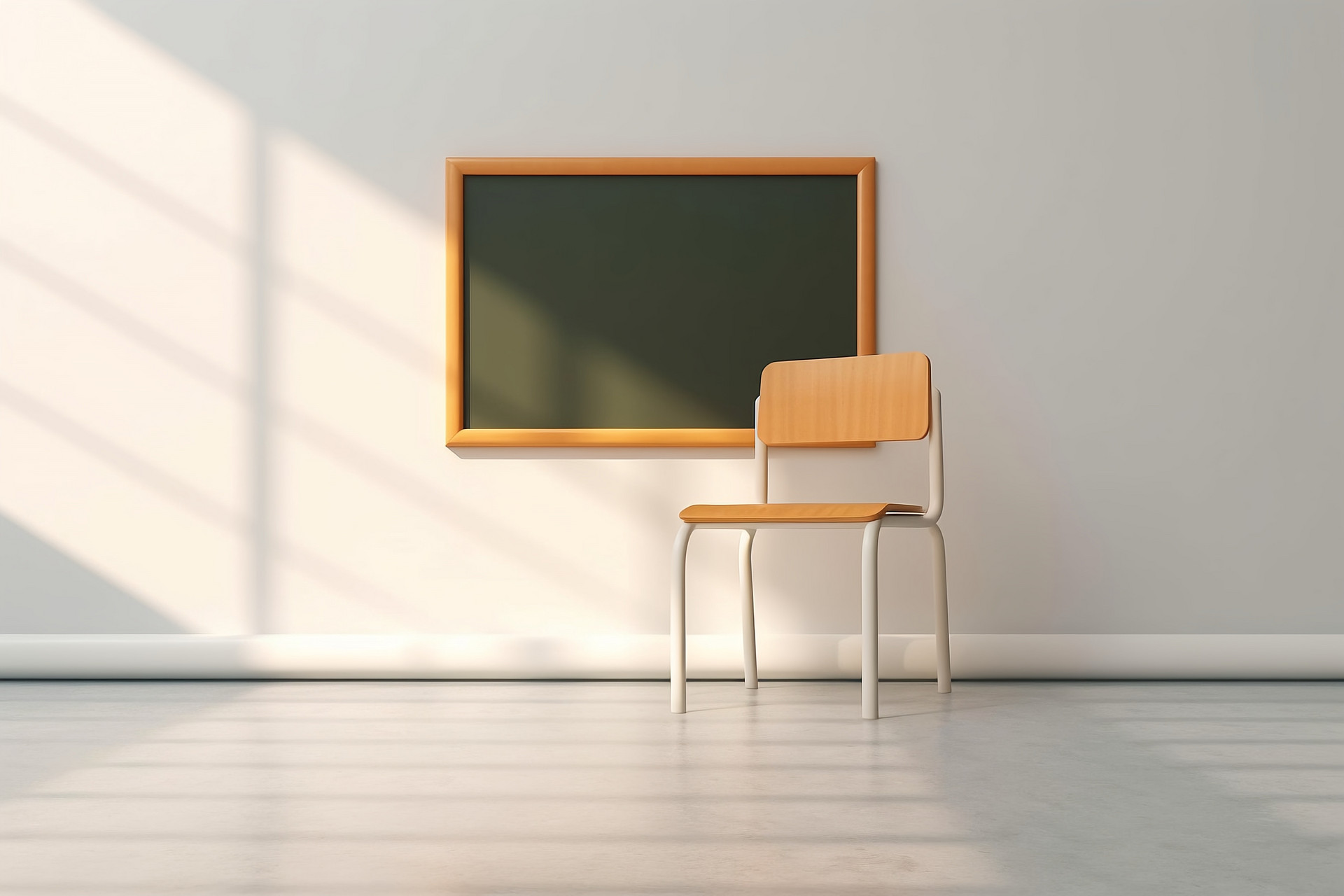A Comprehensive Guide to Evaluating the Quality and Performance of School Furniture
School furniture plays a crucial role in shaping the learning environment for students. Not only does it provide physical support for students during long hours of study, but it also impacts their concentration, posture, and overall well-being. Therefore, evaluating the quality and performance of school furniture is paramount to ensuring a conducive learning atmosphere. In this article, we will delve into the key factors to consider when assessing the quality and performance of school furniture.

1. Ergonomics:
Ergonomics is a critical aspect of school furniture evaluation. The furniture should be designed to promote good posture and provide adequate support to students' bodies. Look for features such as adjustable seat height, lumbar support, and ergonomic designs that encourage proper sitting positions. Furniture that promotes dynamic sitting, allowing students to move comfortably while seated, is also highly beneficial.
2. Durability and Construction:
The durability of school furniture is essential to withstand the wear and tear of daily use. Evaluate the materials used in construction, such as wood, plastic, or metal, and ensure they are of high quality and resistant to damage. Additionally, inspect the joints and connections to ensure they are sturdy and well-constructed. Furniture with reinforced frames and edges is more likely to withstand the rigors of a school environment.
3. Safety Features:
Safety should be a top priority when evaluating school furniture. Check for rounded edges and smooth surfaces to prevent injuries, especially in settings with young children. Look for certifications such as ANSI/BIFMA or GREENGUARD that ensure the furniture meets safety and environmental standards. Additionally, consider features such as non-slip bases and anti-tipping mechanisms to enhance safety in classrooms.

4. Functionality and Flexibility:
School furniture should be versatile enough to accommodate various teaching methods and classroom configurations. Evaluate the flexibility of the furniture, such as stackable chairs and folding tables, which allow for easy storage and rearrangement. Consider multifunctional pieces that serve multiple purposes, such as desks with built-in storage or adjustable configurations to accommodate different age groups.
5. Aesthetic Appeal:
While functionality and durability are paramount, the aesthetic appeal of school furniture should not be overlooked. Choose designs and colors that complement the overall aesthetic of the classroom environment and promote a positive learning atmosphere. Furniture with vibrant colors or customizable options can enhance the visual appeal of the classroom and foster a sense of pride among students.
6. Feedback from Users:
Finally, gather feedback from students, teachers, and other stakeholders who regularly interact with the furniture. Their insights can provide valuable information about comfort, usability, and any potential issues with the furniture. Consider conducting surveys or focus groups to solicit feedback and identify areas for improvement.
Evaluating the quality and performance of school furniture is a multifaceted process that requires careful consideration of various factors, including ergonomics, durability, safety, functionality, aesthetic appeal, and user feedback. By prioritizing these aspects, educational institutions can ensure they invest in furniture that creates a supportive and conducive learning environment for students, ultimately enhancing their overall academic experience.

